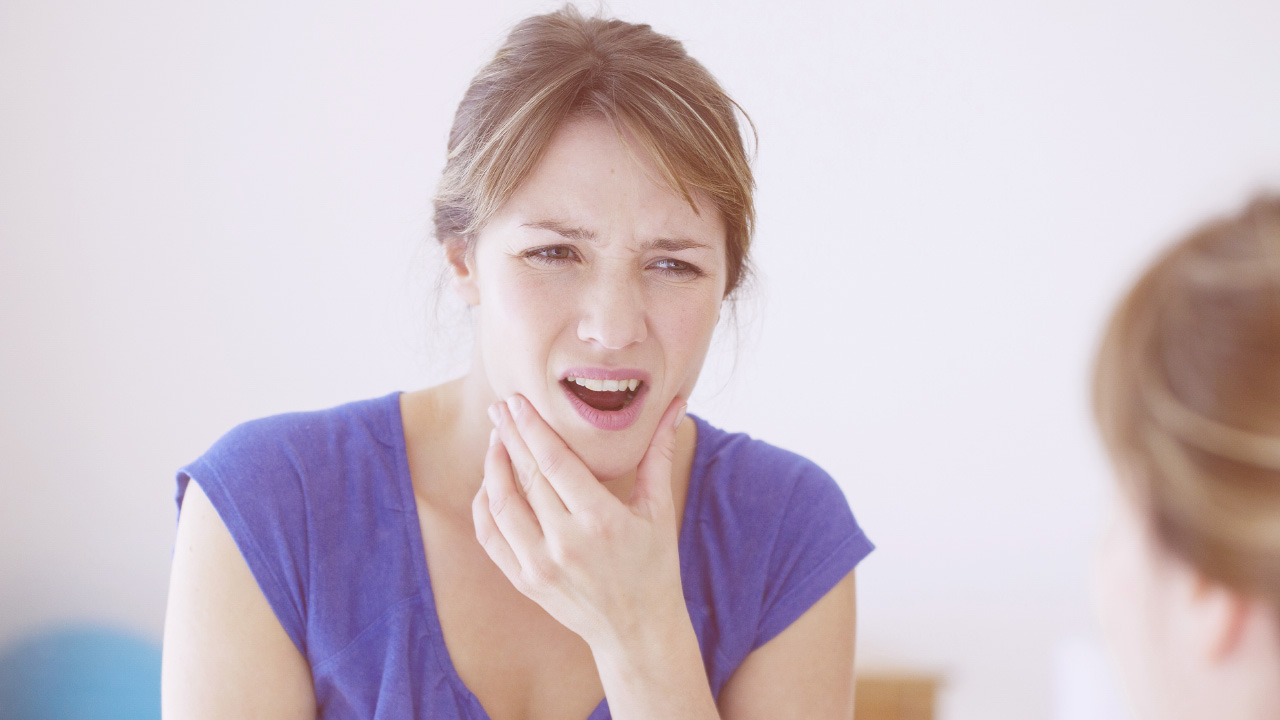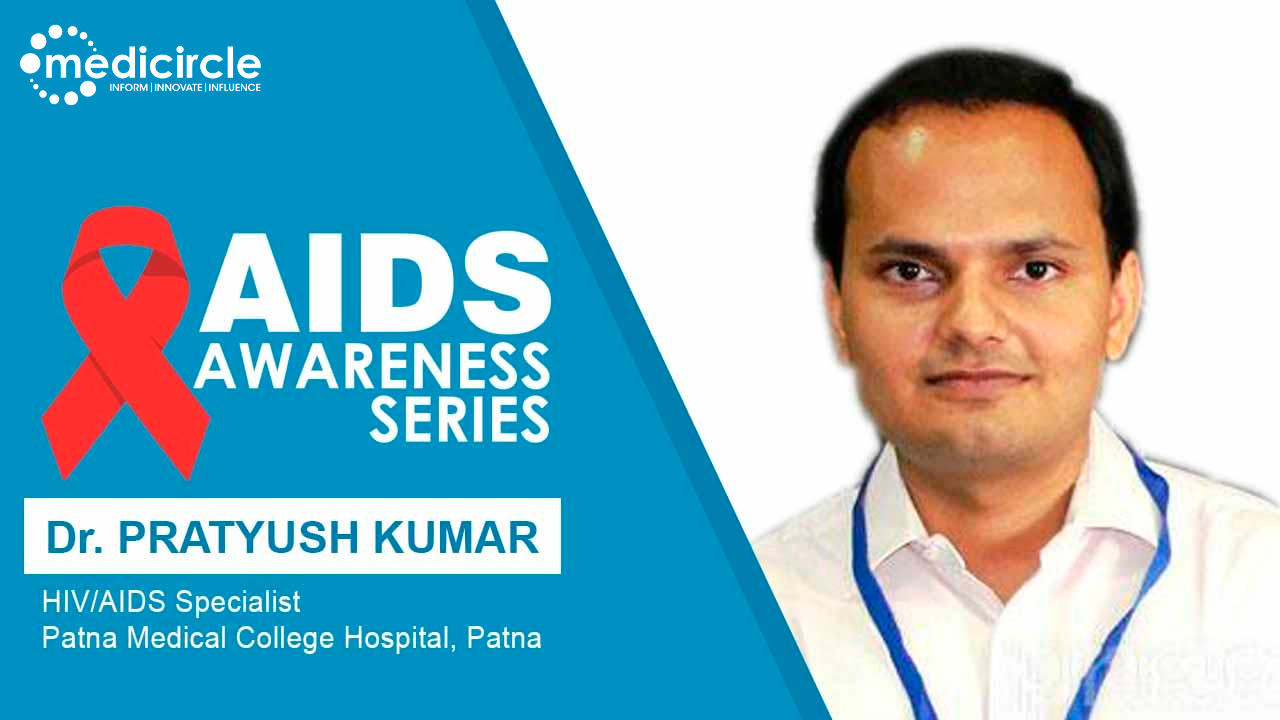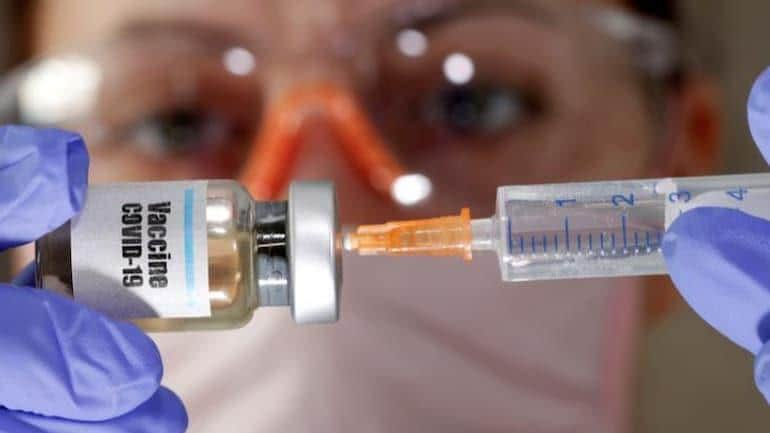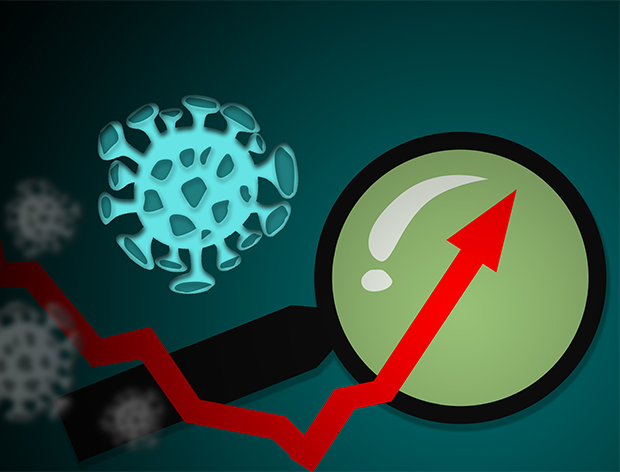It is a disease condition in which the patient grinds teeth, clenches teeth, or gnash teeth. Patients do it unknowingly while they are sleeping (sleep bruxism) or awake (awake bruxism). Sleep bruxism is a sleep-related disorder. Patients having sleep bruxism are more likely to have sleep disorders like snoring and obstructive sleep apnea. Slight bruxism does not require treatment however bruxism in some people may cause jaw-related problems, teeth disorders, or headaches.
Some signs and symptoms of bruxism
- Loud teeth grinding or teeth clenching
- Teeth are flattened, chipped, or fractured
- Worn tooth enamel
- Jaw, neck, or face pain or soreness
- Tight jaw muscles
- Frequent false earache
- Sleep disruption
- Damage to the insides of cheeks because of continuous grinding
Causes of bruxism
The reason behind bruxism is not clear yet but it may be due to a combination of physical, psychological, and genetic factors.
-
Awake bruxism – It may be due to anger, stress, anxiety, frustration, or tension. It may be a hack or habit to get sleep.
-
Sleep bruxism – This can be sleep-related chewing activity associated with arousals during sleep.
Risk factors
Type of personality – Aggressive, competent, or hyperactive personality may increase the risk of bruxism.
- Age – This is very common in children and usually goes away by adulthood.
- Mental condition – Anxiety, stress, frustration, or tension may lead to teeth grinding.
- Medicine's side effects – Bruxism can be the side effect of some common psychiatric medicines like antidepressant tablets. Smoking cigarettes, drinking caffeinated beverages, or using any recreational drinks increases the risk of bruxism.
- Genetic – Sleep bruxism tends to run in families. If you have bruxism, there is a 50 % high chance that your child will also get it.
- Other disorders – It can be associated with other mental health or medical conditions like dementia, Parkinson’s disease, epilepsy, and obstructive sleep apnea.
Other complications
Although bruxism doesn’t cause any severe complications, but still if not stopped at right time, it may lead to
- Damage to the teeth, jaws, and restorations
- Headaches that need serious consideration
- Facial or jaw pain
- Damage to the temporomandibular joints that further causes earache.
(Disclaimer: The content on this site is for informational purposes only, and should not be taken as professional medical advice. Always seek the guidance of your doctor or other health professionals for any questions you may have regarding your health or a medical condition.)

 Bruxism or grinding teeth is often done unknowingly. They can be categorized into sleep and awake bruxism. Bruxism patients are at higher risk of developing a sleep disorder. Know about its sign and symptoms, causes, risk factors, and complications.
Bruxism or grinding teeth is often done unknowingly. They can be categorized into sleep and awake bruxism. Bruxism patients are at higher risk of developing a sleep disorder. Know about its sign and symptoms, causes, risk factors, and complications.





.png)














.jpeg)








.jpg)




.jpg)




